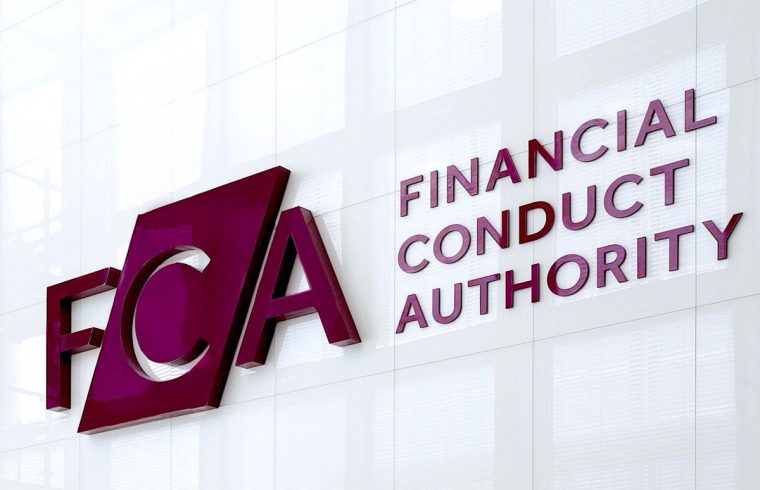AFME and ISDA strongly oppose the FCA’s proposal for public announcements at the commencement of investigations. They argue that the proposal could lead to undue reputational damage and market instability, particularly when investigations may not result in any action.
In a detailed response to the Financial Conduct Authority’s (FCA) consultation paper CP24/2, the Association for Financial Markets in Europe (AFME) and the International Swaps and Derivatives Association (ISDA) have voiced concerns over the proposed changes to publicize enforcement investigations.
The FCA’s proposal, which includes announcing investigations and naming the subjects publicly, has sparked a robust discussion about the potential impacts on market integrity and the rights of the parties involved.
Why it’s a bad idea
AFME and ISDA strongly oppose the FCA’s proposal for public announcements at the commencement of investigations. They argue that the proposal could lead to undue reputational damage and market instability, particularly when investigations may not result in any action. The associations highlight the absence of similar practices among other major financial services regulators, suggesting that the FCA’s approach could uniquely disadvantage UK market participants.
The response criticizes the FCA’s proposed public interest framework as vague and overly broad, lacking clarity on how decisions to publicize will be made in practice. AFME and ISDA are concerned that the framework does not consider the adverse impact on investigation subjects as a relevant factor. They suggest that further consultation with practical examples is necessary to ensure transparency in how the FCA would apply its discretion.
The associations question the legal basis for the FCA’s new approach, pointing out that the Financial Services and Markets Act 2000 does not provide a clear statutory basis for publicizing the commencement of investigations. They also refer to historical precedents where confidentiality during the investigative process was maintained to protect the effectiveness of the investigation and the reputations involved.
The response outlines several potential adverse consequences of the FCA’s proposal, including risks to shareholder value, misunderstandings leading to market panic, and broader economic implications. These concerns are amplified by the potential for early publicity to be misinterpreted as evidence of wrongdoing.
Instead of publicizing specific investigations, AFME and ISDA propose that the FCA could better meet its objectives through anonymized, aggregated disclosures about enforcement activities. This method would help maintain market confidence and protect individual firms from unwarranted harm, while still promoting transparency and deterring misconduct.












